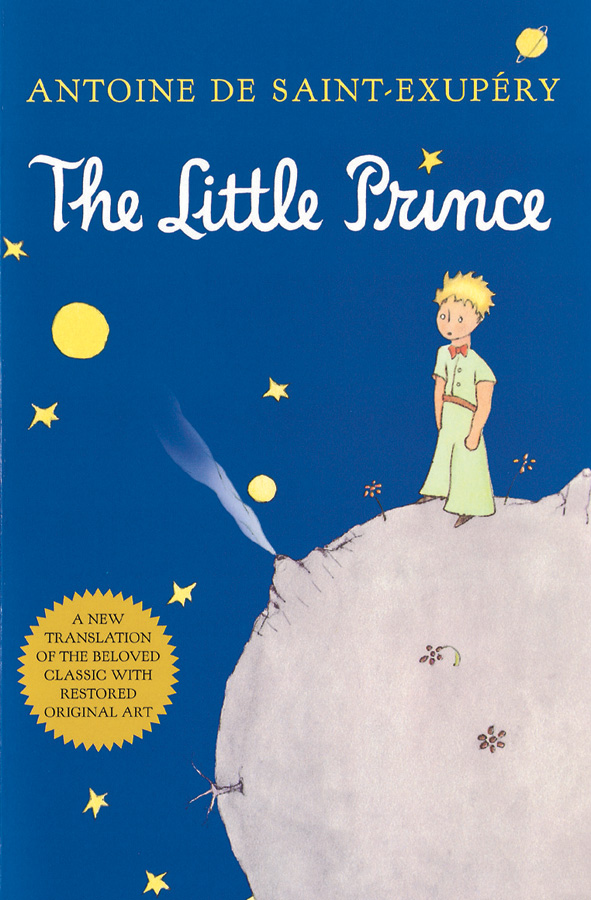Though The Little Prince was published in 1943, both children and adults still have much to learn from Antoine de Saint-Exupery’s classic.
The Little Prince has achieved near legendary status. Both the most read and most translated book in the French language, it has been voted the best book of the 20th century in France. It sells over one million copies per year worldwide and has been translated into more than 250 languages and dialects. Various adaptions have sprung up over the years, including films, ballets, and even operas.
As The Little Prince is ostensibly a children’s book, one wonders why it has enjoyed such enduring popularity among all age groups. When one actually reads the novella, one discovers that it is not only an entertaining fable. The Little Prince also provides many profound insights into human nature, childhood, and life.
When the book begins, the narrator recounts his childhood. Once, as a boy, he sketched a boa constrictor swallowing an elephant. The adults, however, immediately conclude that his drawing depicts a hat. When he attempts to explain the picture, the adults are disturbed, discouraging him from pursuing an artistic career. He decides to become a pilot, eventually leading to a crash in the Sahara desert. Running out of water, the pilot encounters a mysterious young prince from a distant planet. When the prince asks the pilot to draw a sheep, the pilot draws an elephant inside a snake. Immediately, the prince recognizes the drawing for what it is. When the prince again asks for a picture of a sheep, he pilot draws a box instead, claiming that the sheep is inside. The prince is delighted and chooses to remain with the pilot. Through the prince’s accounts of his own adventures, the narrator learns the true beauty of living.
The prince is a pure-hearted boy from a distant asteroid. Fleeing from the ungrateful rose he adores, he has wandered the universe, seeking wisdom. Along the way, he meets various adults: a king, a vain man, a drunkard, a business man, and a lamplighter. Each has a significant weakness from which the prince learns. When the prince visits the Earth, he befriends a fox who teaches him the meaning of love. He passes his knowledge to the pilot before returning home.
The seemingly simple story weaves in profound themes, such as narrow-mindedness and the nature of responsibility. Told through Exupery’s sincere, direct prose and enhanced by his earnest, whimsical illustrations, the tale is at once surreal and completely believable. All too often, though, otherwise flawless books fizz out with unsatisfying finales. The Little Prince is not among these. The book finishes with quiet, sizzling power, lingering with the reader for a long time.
All in all, The Little Prince is not just an engaging fairytale or a thought-provoking allegory. It is the type of novel that makes the stars seem a little brighter and the sunsets a little more brilliant. It is the type of novel that inspires newfound wonder about the world.


